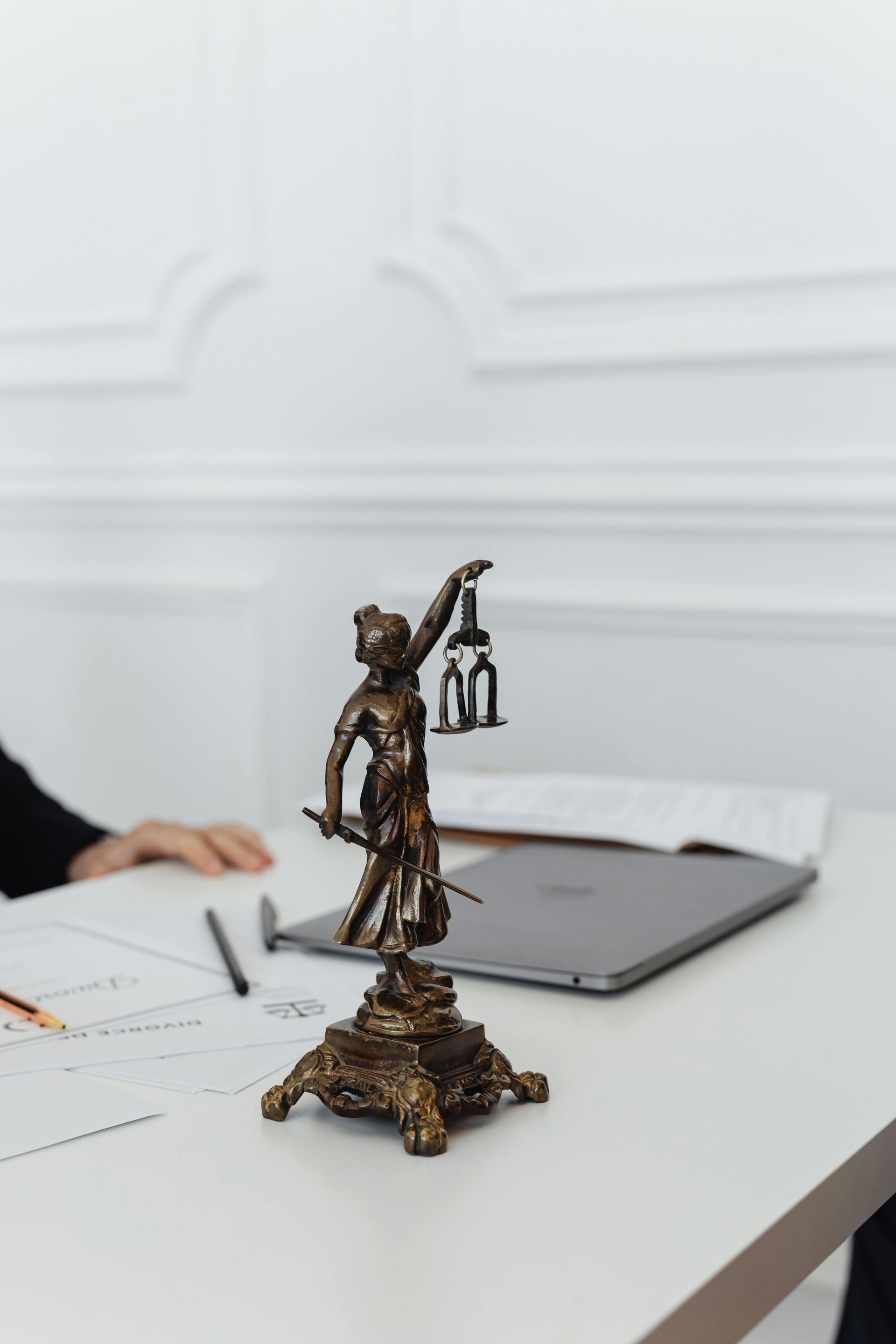Why You Should Hire a Medicaid Planning Attorney in New York
Navigating the complexities of Medicaid planning can be daunting, especially when trying to ensure that you or your loved ones receive the necessary long-term care without exhausting financial resources. The Medicaid program offers vital assistance, but understanding its requirements and regulations requires specialized knowledge. At the Law Office of Jack Weissman, we specialize in Medicaid planning in New York, helping clients protect their assets while securing the care they need. Here’s why hiring a Medicaid planning attorney is essential.
1. Understanding Medicaid Eligibility
Medicaid eligibility rules are complex and can vary significantly by state. In New York, strict income and asset limits determine eligibility. An experienced attorney can help you understand these requirements, assess your financial situation, and develop a strategy to meet eligibility criteria without unnecessarily spending down your assets.
2. Asset Protection
Protecting your assets while qualifying for Medicaid is a delicate balance. A Medicaid planning attorney can guide you through various legal strategies, such as establishing irrevocable trusts, transferring assets, or utilizing annuities. These techniques can help preserve your wealth for your spouse or heirs while ensuring you qualify for Medicaid benefits.
3. Navigating the Look-Back Period
Medicaid has a five-year look-back period, during which any asset transfers may be scrutinized and potentially penalized. An attorney can help you plan ahead, ensuring that any asset transfers comply with Medicaid regulations and do not adversely affect your eligibility. If you are within the look-back period, an attorney can help you explore options to minimize penalties.
4. Preparing and Submitting Applications
The Medicaid application process is detailed and requires precise documentation. Mistakes or omissions can lead to delays or denials. An attorney can help you prepare and submit a complete and accurate application, increasing the likelihood of a successful outcome. They can also represent you in case of appeals or disputes with Medicaid authorities.
5. Long-Term Care Planning
Planning for long-term care involves more than just Medicaid eligibility. An attorney can help you develop a comprehensive plan that includes healthcare directives, powers of attorney, and living wills. This holistic approach ensures that all aspects of your long-term care are addressed, providing peace of mind for you and your family.
6. Addressing Special Situations
Certain situations, such as having a disabled spouse or dependent, require specialized planning. An attorney can help you navigate these complexities, ensuring that your loved ones continue to receive support without jeopardizing Medicaid eligibility. They can also advise on special needs trusts and other legal tools designed to protect vulnerable family members.
7. Keeping Up with Changing Laws
Medicaid laws and regulations can change, impacting eligibility and planning strategies. An attorney stays informed about the latest legal developments and can adjust your plan accordingly. This proactive approach ensures that your Medicaid planning remains effective and compliant with current laws.
Benefits of Hiring a Medicaid Planning Attorney
Hiring a Medicaid planning attorney offers several advantages:
- Expert Legal Guidance: An attorney with experience in Medicaid planning understands the intricacies of the law and can provide expert advice tailored to your situation.
- Thorough Case Management: An attorney can handle all aspects of your Medicaid planning, from asset protection strategies to application submission, ensuring a smooth and efficient process.
- Effective Advocacy: An attorney can advocate on your behalf, representing you in interactions with Medicaid authorities and addressing any issues that arise.
- Peace of Mind: Knowing that a professional is handling your Medicaid planning allows you to focus on your well-being and family, confident that your financial and healthcare needs are being addressed.
At the Law Office of Jack Weissman, we are dedicated to providing compassionate and effective legal representation for Medicaid planning in New York. Our team of experienced attorneys will work tirelessly to protect your assets and secure the care you need.









